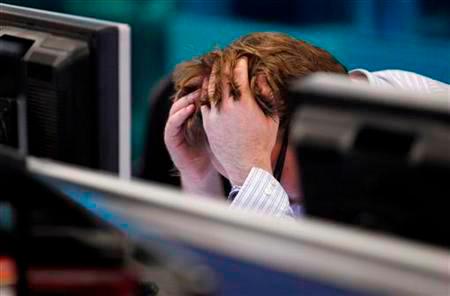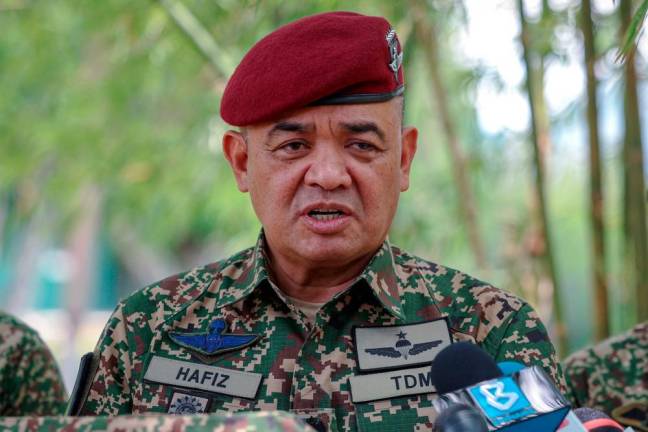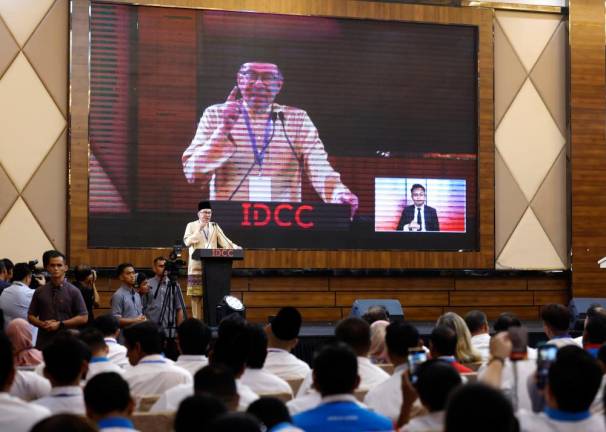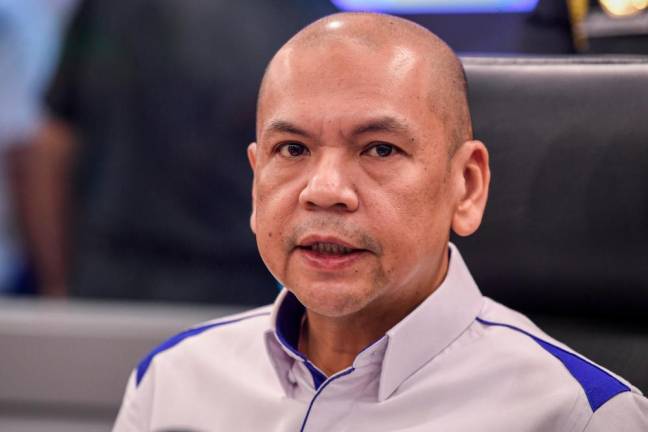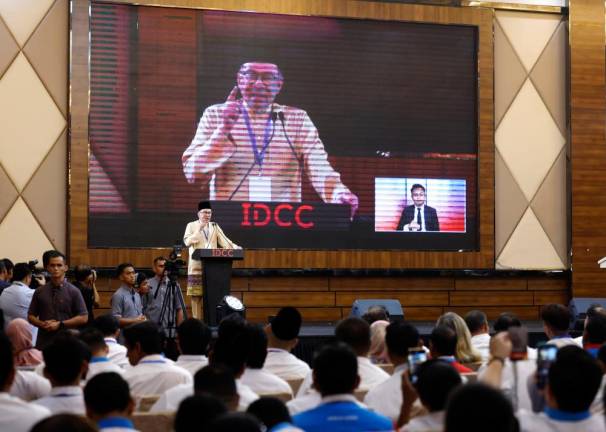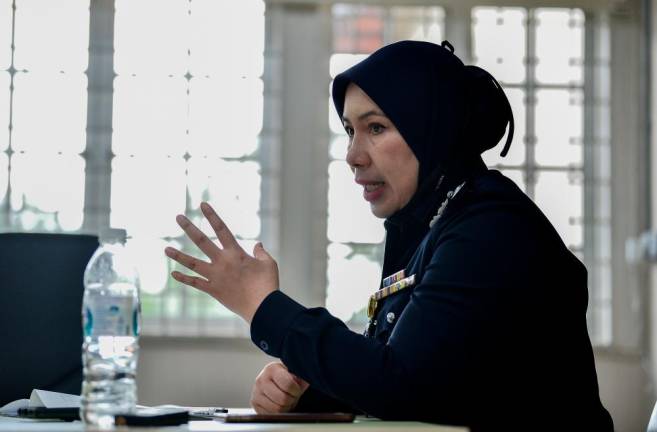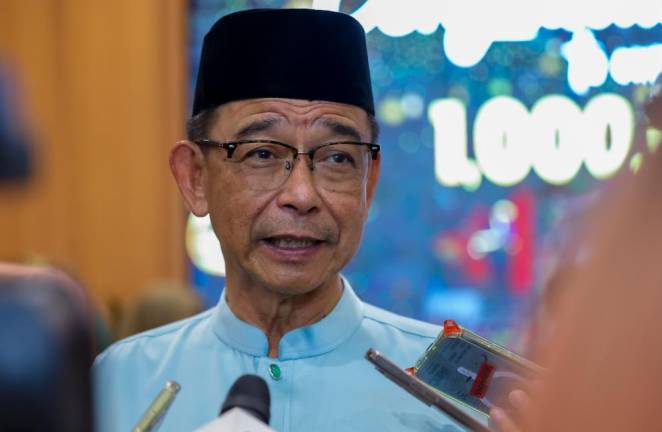IT is pertinent to note that the return to classrooms, with Covid-19 restrictions easing, does not signal “business as usual” for students.
It is important that our Education Ministry gets sufficient government funding to increase the number of counsellors in schools, to deal with students’ mental health issues.
A sound education system is not just
about striving to improve students’ academic achievements but managing their emotions and stress levels as well.
Anyone doubting the increasing need for more qualified school counsellors need only refer to the Health Ministry’s Global School-based Student Health survey. As far back as 2012, 7% to 9% of 25,507 schoolchildren between the ages of 13 and 17 had a tendency to commit suicide, and about 6% to 7% of those surveyed had tried to commit suicide more than once in a period of 12 months. These dire statistics will only get worse with the additional worries and anxieties arising from the impact of Covid-imposed restrictions.
Experts stress that, generally, children are not able to recognise the symptoms or seriousness of mental health problems. The loss of confidence and frustration in our children are best dealt with by employing more qualified school counsellors and social workers in schools.
The investment in these counsellors is not a cost, as it is “easier to build strong children than fix broken adults”. There is a strong need to prioritise the mental health needs of our young students.
While it is not a substitute for professional help, it is also important that schools teach the basics of poor mental health, to help students identify peers with possible issues.
Students should also be taught how to cope with problems, including setting realistic goals, being able to express themselves and learning to be emotionally strong.
Sze Loong Steve Ngeow
Kajang



